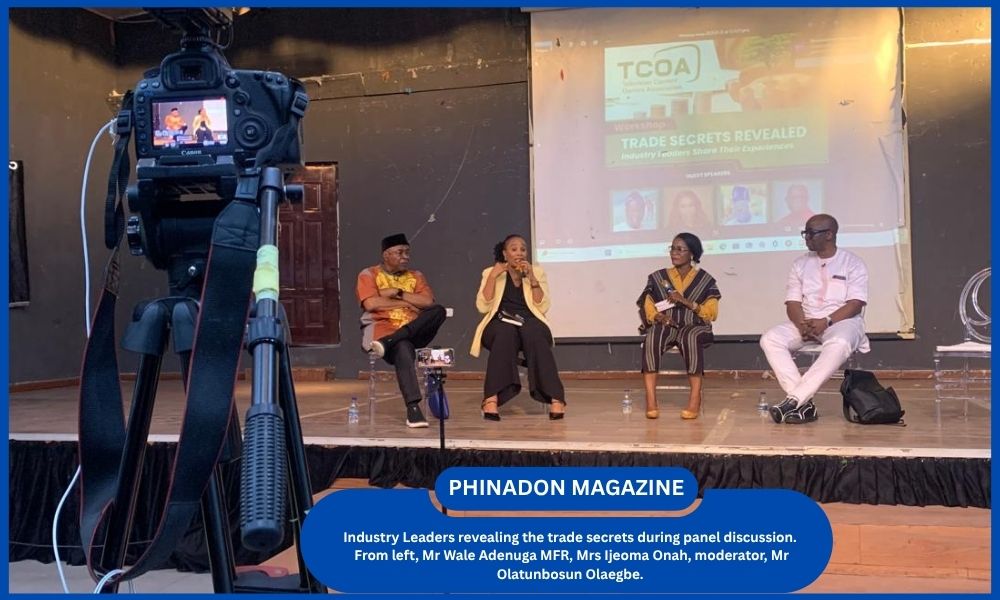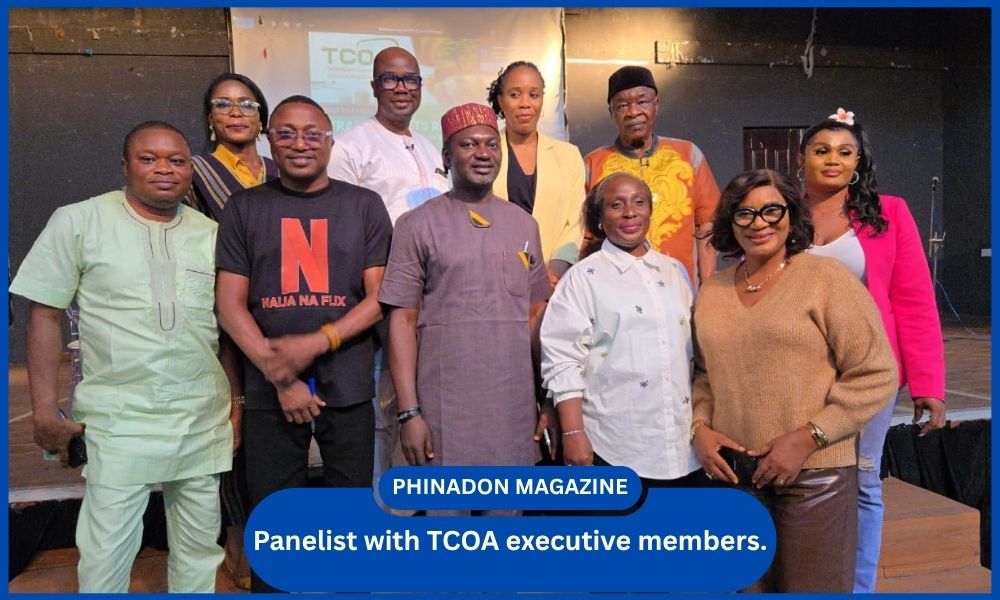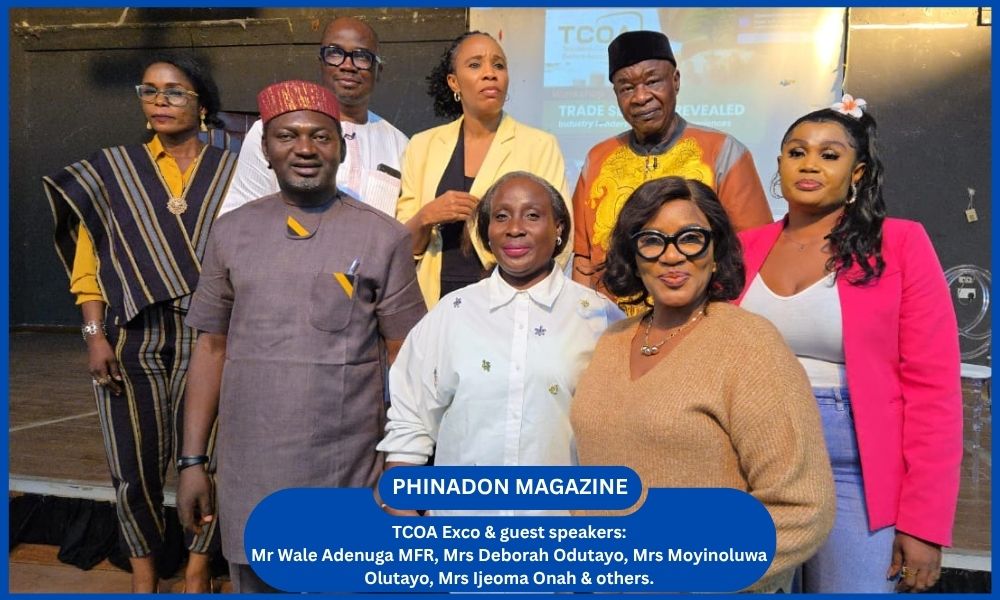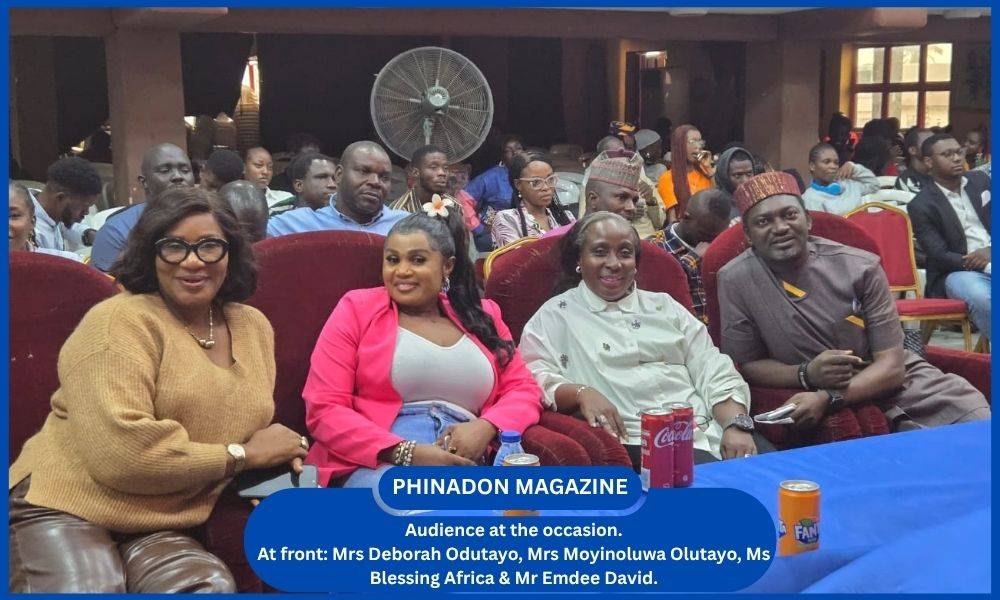News
The Challenge of Unity: Ulasi’s Remarks on the First Lady’s Role
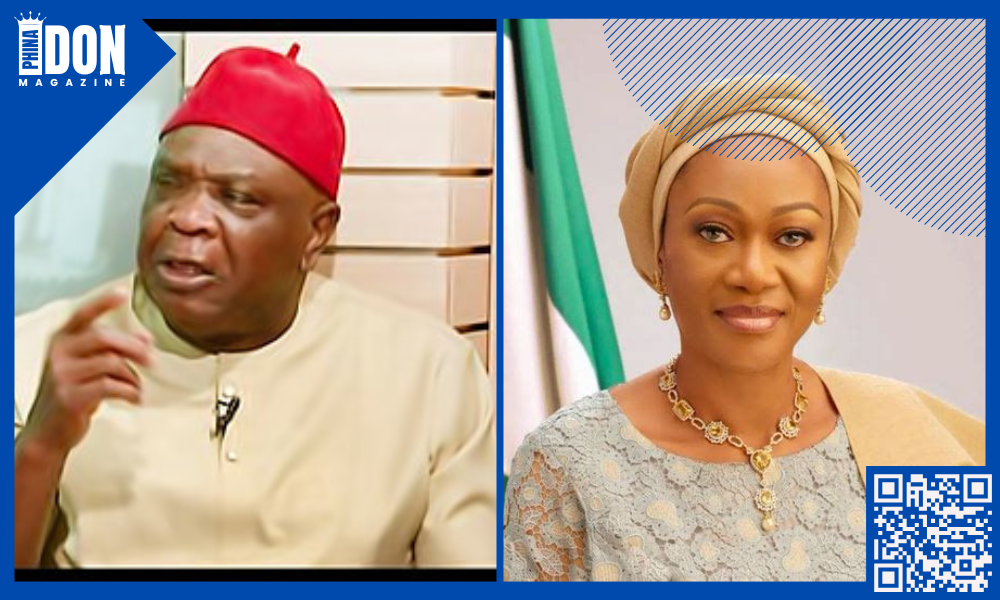
In a recent public discourse, Ulasi challenged the authority of Nigeria’s First Lady, questioning her capacity to serve as a unifying figure for the nation’s diverse ethnic groups. His pointed remarks, “When she was saying it, she didn’t know she would be First Lady of this country,” underscore the weight of her words in light of her current role. He further questioned, “Can she regard herself as the Mother of the South East?” This rhetoric resonates deeply with the ongoing separatist sentiments prevalent among certain factions in the region.
The timing of Ulasi’s comments is particularly noteworthy, coinciding with an escalating dialogue surrounding ethnic inclusion and national integration in Nigeria. Political analysts have observed that statements made by prominent figures, such as the First Lady, often reignite critical discussions about the responsibilities of leadership and the imperative to foster national unity.
Moreover, Ulasi’s remarks reflect a broader discontent regarding the federal government’s engagement with various ethnic groups, especially in the South East. Critics have long argued that the government has failed to adequately address issues of representation and inclusion, thereby exacerbating feelings of marginalization among certain communities.
In the aftermath of the First Lady’s comments, there is an increasing concern about the potential for such rhetoric to incite divisive sentiments within Nigeria’s complex societal fabric. This situation serves as a poignant reminder of the historical tensions that can emerge in discussions about ethnicity and national identity, particularly in a nation as diverse as Nigeria. As the country grapples with these challenges, the need for inclusive dialogue and genuine representation becomes ever more critical.
Foreign
A person who attacked and killed a Nigerian schoolboy with a sword in the UK has been sentenced to life in prison.

Marcus Monzo, a 37-year-old of Spanish-Brazilian descent, has been sentenced to life imprisonment with a minimum term of 40 years for the murder of 14-year-old Daniel Anjorin in Hainault, northeast London. The sentencing follows Monzo’s conviction for the unprovoked and brutal attack on Daniel, as well as attacks on other members of the public and police officers, in April of last year.
The court heard how Monzo, under the influence of cannabis-induced psychosis, initiated a violent rampage, culminating in the near-decapitation of Daniel Anjorin as the young boy walked to school. Judge Joel Bennathan strongly condemned Monzo’s actions, acknowledging the profound grief inflicted upon Daniel’s family.
Judge Bennathan also commended the bravery of the police officers involved, highlighting their courage in confronting and disarming Monzo, thereby protecting the public. Monzo’s sentence reflects the severity of his crimes and the devastating impact on the victims and the community.
News
Chinese Tax Fraud Suspect Apprehended in Nigeria, Repatriated to China.
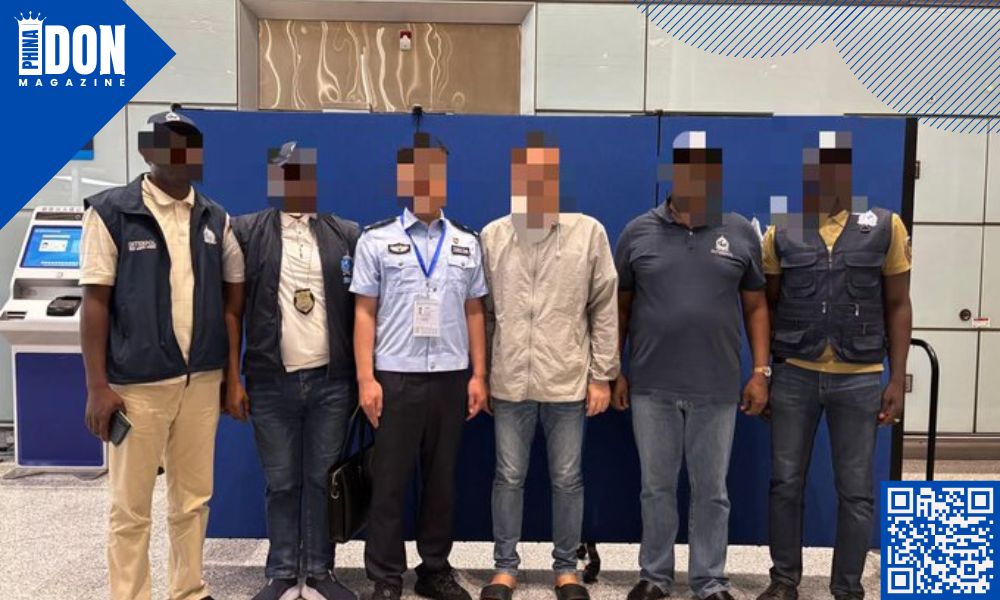
In a coordinated effort between the Nigeria Police Force and Chinese authorities, a Chinese national wanted on charges of tax fraud has been arrested in Lagos and repatriated to China. The suspect, Chen Gaochong, was apprehended on June 24 following an operation led by the INTERPOL National Central Bureau in Abuja, prompted by a formal request from the Chinese government.
Mr. Chen is accused by the Peixian Public Security Bureau in Jiangsu Province of issuing falsified Value Added Tax (VAT) invoices totaling 4.97 million renminbi (approximately N1,057,561,330). He allegedly used the names of Linhai Guangyong and Linhai Beilaisi to generate 45 fake VAT invoices issued to Xuzhou Wanfeng Plastic Industry Company between May and August 2017.
Authorities stated that Mr. Chen fled China in November 2019, moving through Hong Kong and Burkina Faso before unlawfully entering Nigeria in 2021. He reportedly avoided renewing his passport to conceal his identity. An arrest warrant was issued in July 2020.
Mr. Chen was handed over to Chinese law enforcement on July 3. Inspector-General of Police Kayode Egbetokun affirmed that Nigeria will not serve as a refuge for fugitives, emphasizing the significance of international cooperation in combating cross-border crime. The Nigeria Police Force reiterated its commitment to collaborating with international law enforcement agencies and upholding mutual legal assistance obligations.
Business
TCOA Workshop 2025 Promises with “Trade Secrets Revealed” Training Program.
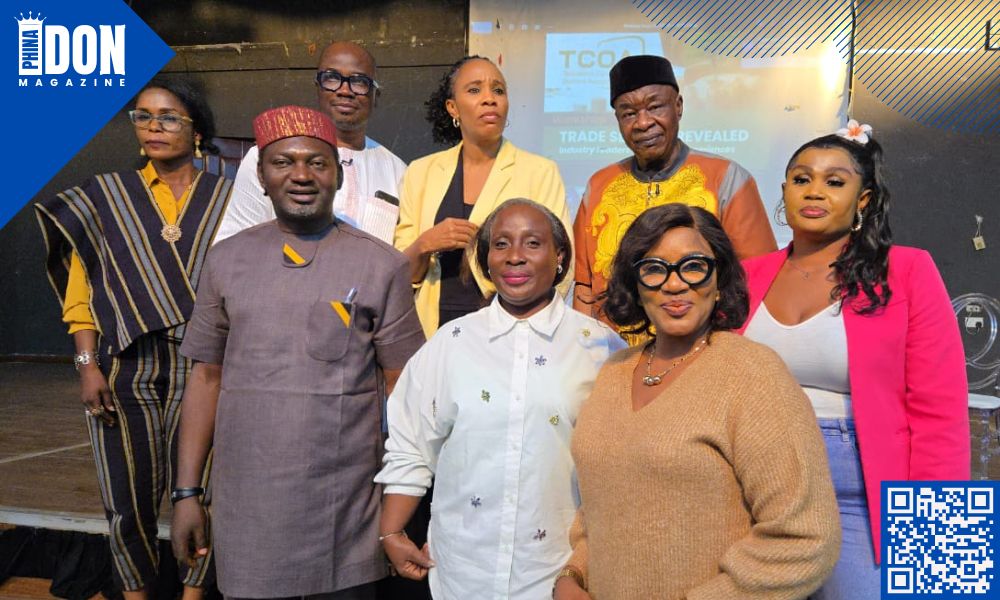
The Television Content Owners Association (TCOA) successfully fulfilled its 2025 commitments to its members with the annual internal training program, “Trade Secrets Revealed: Industry Leaders Share Their Experiences.” The event, held on July 3, 2025, at the PefTI Multipurpose Hall, proved to be an engaging and informative experience for all attendees.
The program commenced with the national anthem, followed by a welcome address from the association’s First Vice President, Mrs. Moyinoluwa Olutayo. Her remarks effectively set the stage for a day of learning and networking. Mr. Emdee David, the Master of Ceremonies, then introduced the esteemed guest speakers: Chief Mr. Wale Adenuga MFR, Mrs. Ijeoma Onah, and Mr. Olatunbosun Olaegbe. While Otunba Sesan Rufai was regrettably unable to attend, the assembled panel represented a wealth of industry expertise. Interspersed throughout the program were captivating performances by PefTI art students, including live bands and other engaging presentations, adding an element of entertainment to the day’s proceedings.
The core of the event was the keynote session, expertly moderated by Ms. Busola Olugbemileke. Chief Mr. Adenuga, Mrs. Onah, and Mr. Olaegbe shared their personal career journeys, highlighted their contributions to the industry, and openly discussed the challenges they faced. Their collective insights offered valuable and actionable advice to both seasoned professionals and those newer to the content creation landscape.
An interactive Q&A session followed, allowing attendees to delve into pressing issues such as adapting to digital platforms, effective content monetization strategies, and optimal distribution methods. The panelists provided thoughtful responses on topics ranging from production quality and business development to the importance of strategic networking. In response to a question about the relevance of the association’s name, Mr. Olaegbe clarified that the Television Content Owners Association encompasses content across various platforms, emphasizing that “content is life.” This statement resonated deeply with the audience, underscoring the fundamental importance of content creation in the modern media environment.
The session concluded with key takeaways, emphasizing the need to understand target audiences, tailor content accordingly, and advocate for government support to elevate content production standards within Nigeria. The importance of careful platform selection to maximize investment returns was also highlighted.
The TCOA 2025 internal program concluded on a high note, leaving participants feeling inspired and well-informed. A wrap-up session featuring WAP TV correspondents, coupled with light refreshments, provided a fitting end to a successful and impactful event.
Below are some pictures from the Event:
